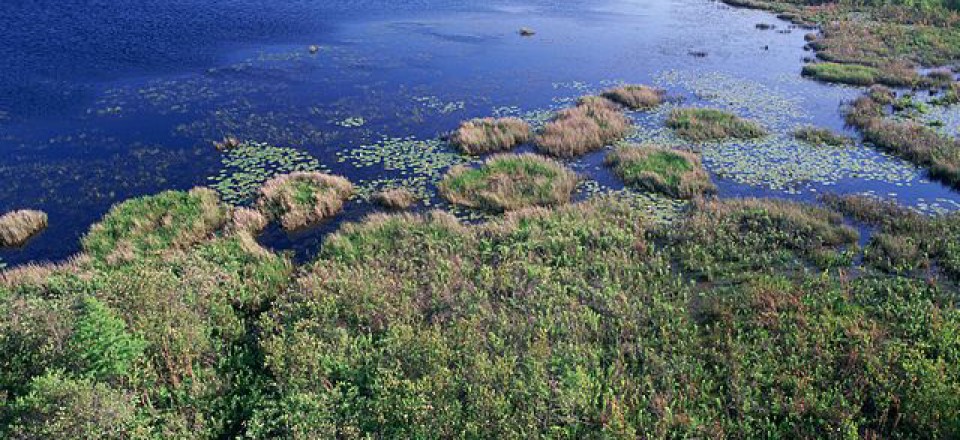✴︎Available only with purchase from publisher
“Both for its technological and institutional innovations and for its history of conflicts, California’s water system has been one of the most observed in the world. This article and this Special Issue on the CALFED Bay-Delta Program continue in this tradition. CALFED is likely the most ambitious experiment in collaborative environmental policy and adaptive management the world has seen to date. This Issue moves beyond the celebratory tone of other analyses of collaborative, adaptive management and looks closer into how collaborative networks work to produce innovation, and more importantly to reflect also on their inherent contradictions, limitations and ‘dark sides’. While collaborative governance enhances mutual understandings and can be a source of innovation, it appears ill-suited to resolve alone the distributive dilemmas at the core of many water – and other environmental – conflicts. A lacuna in existing research concerns the institutional design of effective boundaries and linkages between democratic politics, legitimate authority, and adaptive governance, i.e. the mix of institutions that can provide sufficient responsibility, accountability and democratic legitimacy, without choking off the self-organizing interaction, shared learning, and communication that is at the heart of collaboration. A painful realization in the Delta is that environmental conservation and further growth may be fundamentally at odds; efficient win–win solutions, institutional or technological, seem insufficient to satisfy the competing demands posed upon the system. Radical decisions and changes might be necessary, but they seem unlikely under current institutional arrangements and political conditions.”







